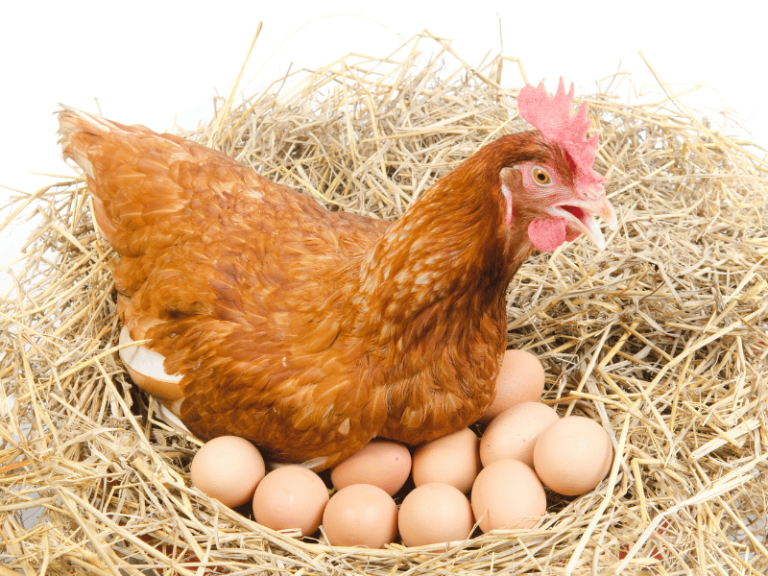After a hen lays eggs, most of them will cluck, but there are exceptions, especially with high-yield hens.
The clucking sound made by hens after laying eggs is an expression of maternal joy and a way to notify the rooster.
Because laying an egg is not a simple task for a hen, especially for those with strong maternal instincts, the time spent laying eggs in the nesting box is relatively long. It usually takes at least 10 to 20 minutes for the shortest period, and longer times can extend to 4-5 hours before laying another egg.
When a hen has just entered the nesting box, it will quickly escape if you try to catch it. However, after spending a certain amount of time incubating, even if you try to catch it, it will only fluff up its feathers and peck at your hand with its beak, unwilling to stand up. This is because at this point, the egg is nearing the cloaca (vent), and the hen is concentrating its efforts to prepare for laying it. Laying an egg consumes considerable energy for the hen.
Therefore, after a hen lays eggs and rests for a while, it will leave the nesting box. At this time, its spirit is excited, and it clucks incessantly. Besides conveying pride and maternal affection, its clucking also serves to notify its mate. If you have been to a chicken farm, you often see roosters waiting near the nesting boxes. When the hen leaves the nesting box and clucks loudly, the rooster will approach for mating. According to multiple studies, mating at this time increases the likelihood of fertilization the following day, meaning it is easier to hatch chicks from these eggs.

